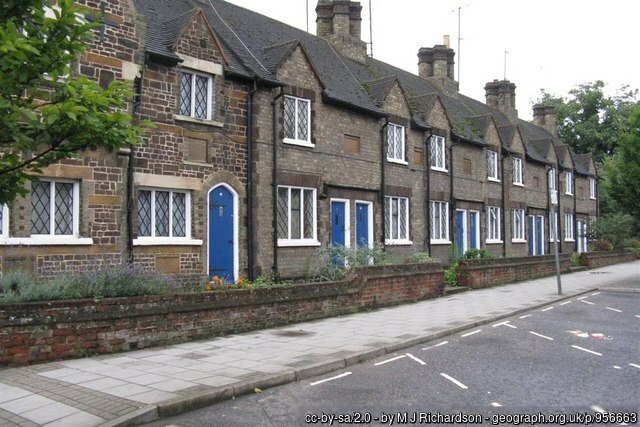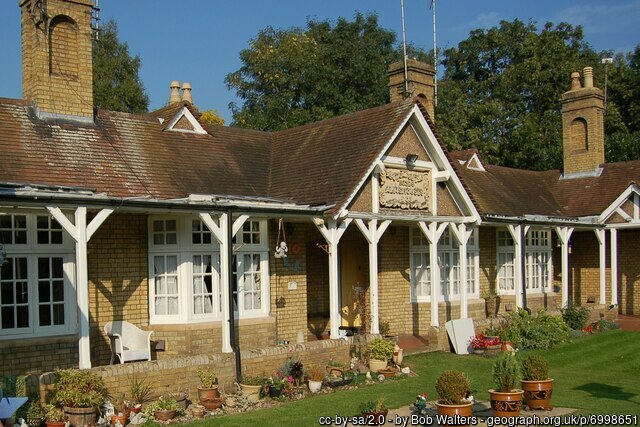History of the Charity
Like many local almshouse charities, The Wilkes Alms Charity has a rich and important history. The Wilkes Alms Charity is delighted that its own 16 almshouses make up some of the 35,000 almshouses across the UK.
Wilkes Almshouses - North Street
The Wilkes Charity was created in 1630 when Edward Wilkes gave 10 Almshouses to be occupied by ten poor widows.
In his will Edward Wilkes stipulated that ten shillings be aid for a sermon on the day of this funeral and those living in the almshouses should "constantly attend the church on Sunday ... if they fail, it shall be lawful for my said feoffees (trustees) to take part of my gift from her and give it those who better deserve it".
A custom related to these Almshouses was that on Rogation Day the trustees of the charity, the town crier and ten boys from each church choir in the parish visited every property of the charity and at the boundary of each property, one of the boys was to be stood on his head while the clerk to the trustees read part of the endowment relating to the property (a tradition which still takes place annually). This customary procession is known as the annual Wilkes Walk and members of the wider community are encouraged to engage and keep Leighton Buzzard practice, customs and heritage alive.

Pages Almshouses - Church Street
The Pages Court Almshouses were built in Church Street in 1903 following the request in the will of the councillor William Sharp Page. They are next to the site of St Andrews Church and are located on the site of the sandstone quarry used for the construction of the church, creating a unique and interesting setting.
The £1,200 bequest was for six almshouses: for two married couples, two single men and two widows or spinsters. A sum of money was set aside for the maintenance of the buildings.
Councillor Page also bequeathed a field to the town for use as a recreational ground, known as Page’s Park. In addition to the almshouse accommodation the charity also advances Christian religion by repairing, maintaining and ensuring the stained-glass window at the west end of All Saints Church and pays the vicar of All Saints Church a yearly sum of £50 or thereabouts.
